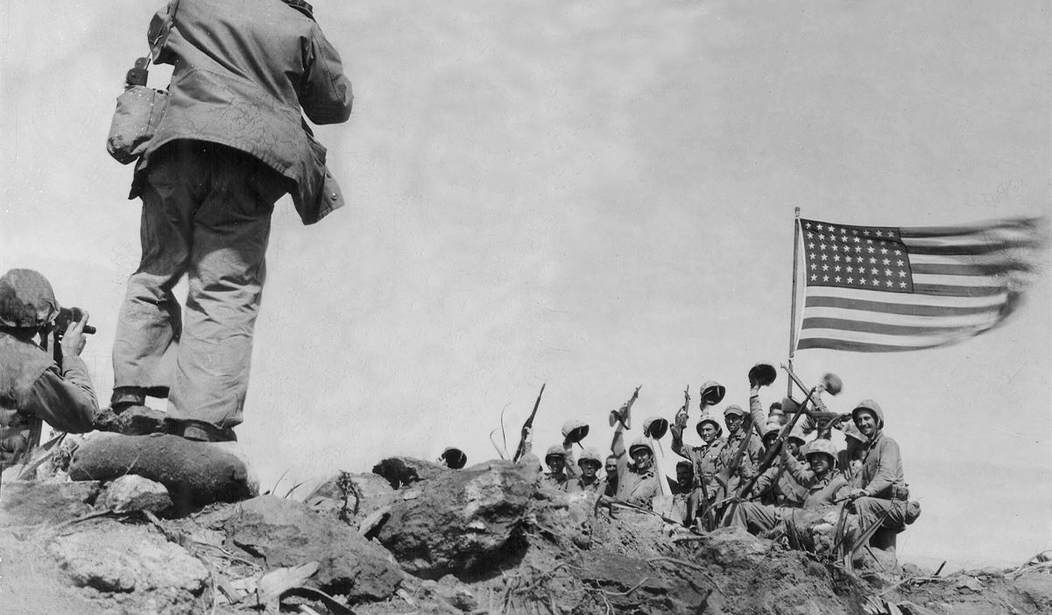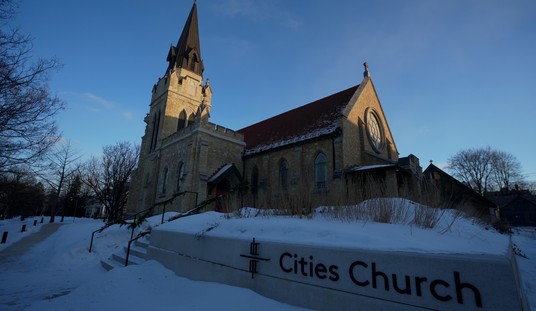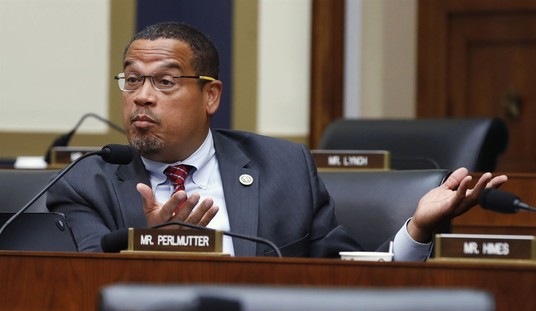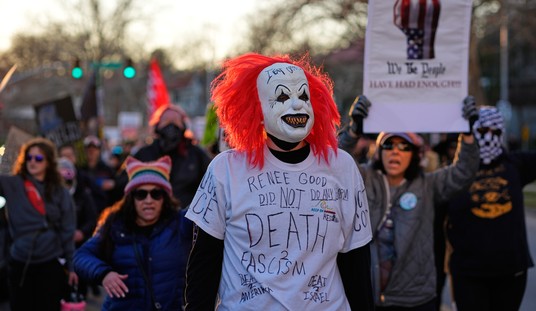Jacklyn Lucas was an angry kid. His dad died when he was 10. Jack took it out on everyone. Mom couldn’t control him, and after a year of fighting other kids, she sent her fireplug of an 11-year-old to Edwards Military Academy in Salemburg North Carolina. Jack, it seemed, had found a place that could control his violent tendencies. He excelled at the military academy. By December 1941, he was a cadet captain. On December 7, 1941, that changed when the Japanese attacked Pearl Harbor.
Jack was “hell-bent” on joining the Marines. He wanted to fight, and he wanted to fight the Japanese. But Jack was only 13. He defiantly told his mom that he was joining the Marines–with or without her permission. She wouldn’t give her permission, so Jack, fresh out of leaving a military academy and at the ripe old age of 14, went to the Navy recruiting office. He thought he could fool the recruiters. Jack left with hat-in-hand, and without enlistment papers.
Jack waited until 1942. He had turned 15 and he reasoned that was old enough. He told his mom that he’d forge her name on the enlistment consent papers. If that didn’t work, he’d find another way. His mom knew that his joining up was inevitable, so she sighed his papers–as long as he would promise to finish school when he returned.
At Parris Island, he excelled in boot camp and in heavy-machine gun school. Almost too well. He was assigned to the training command. Jack was not having that. He joined to fight. Instead of staying at the Port Royal base, he got on the train with the rest of his unit. As a stow-away. When he got to San Diego, he had no orders. His battalion commander saw it would mean a lot of paperwork to send him back, so Jack stayed. Jack thought he was off to war, when he got on a transport headed to Hawaii.
While at Camp Catlin on Oahu, Jack made the boyish error of writing his 15-year-old girlfriend and mentioning his age. His letter, like all letters home, was read by a censor. He was sent to his Colonel. He was “read-out”, but the Colonel didn’t want to lose a good Marine – even if he was only 15. And Jack told him if he was discharged, he would “just join the Army” anyway.
He stayed in the Marines, but to his chagrin, he also stayed in Hawaii as his battalion sailed for Tarawa. Jack reasoned that if he got into fights, they would send him “to the front.” One of the fights was with an MP. He “won the battle and lost the war.” He beat the MP and ended up in the brig, not on a beachhead. “This procedure isn’t working,” thought Jack. Then while on a diet of bread and water and pounding rocks, Jack hatched a plan.
On January 9, 1945, Jack got in a Higgins boat, headed to a troop transport, and boarded. It was headed for Iwo Jima. By chance, his cousin was aboard. Cousin Sam helped hide Jack in a landing craft. By day 29, Jack knew he’d have to turn himself in and, he figured they were too far away to return him. He found Captain Robert Dunlap. Dunlap took him to the battalion Colonel.
What could the Colonel do? Too far to return him–and why? When one of the Marines came down with appendicitis, Jack got his gear and was assigned to his platoon.
On Valentine’s Day, Jack turned 17. Five days later, he and his platoon hit the black, volcanic beaches of Iwo Jimi. With Mount Suribachi behind them, Jack and his new squad were making their way to the airstrip. Jack and three other Marines were hitting a pillbox. They were taking small arms fire, so they went for cover in a trench. They had company. Eleven Japanese soldiers were already in the trench. No greetings were exchanged, just a hail of bullets. Jack said he and his buddies shot from the hip – there was no time to aim.
Just as Jack shot the last Japanese soldier, his gun jammed. He was working to clear the jam when two grenades dropped into the trench. With no time to think, he reacted. Grenade! He pushed a Marine out of the way, as he jammed one grenade into the soft, volcanic sand with the butt of his rifle and simultaneously, pulled the second grenade under his body. Boom!
Jack was hurled into the air and landed on his back. Surprised to be alive, he thought his right arm was blown off. It wasn’t; it was twisted behind him. The sandy, volcanic surface had absorbed most of the concussive force, but Jack Lucas was still badly injured. He had about 250 pieces of shrapnel in his body. He signaled for help with his only working appendage – his left hand. Riddled with shrapnel holes from the tip of his chin to his feet, Jack was covered in the sticky volcanic sand and his own blood. He was hard to recognize. He didn’t know if he would survive.
As his buddies cleared the second trench, a Marine jumped into the trench and looked at Lucas. He saw his left hand move. Corpsman! Corpsman! While the Corpsman worked on Lucas, a Japanese soldier popped out of one of a thousand “rat holes” on Iwo Jima. The Corpsman shot him and went back to work on Lucas.
Lucas was moved to the beach, and then to a hospital ship. Jack’s combat days were over. His combat career lasted two days, but he met his challenge and lived. He didn’t know what the Medal of Honor was, but he would soon learn that he would be awarded America’s highest honor for bravery. Lucas was one of twenty-seven Marines and Sailors who earned the award on Iwo Jima –14, posthumously.
Another living recipient was Robert Dunlap, the Captain who took Lucas to his Commanding officer. Days after Lucas was evacuated, Dunlap spent two days clearing holes loaded with Japanese and exposed himself to direct fire at the enemy, before being shot in the hip. He returned home and became a schoolteacher.
On October 5, 1945, both Dunlap and Lucas were awarded their medals by President Harry S Truman at the White House.
Lucas’ mom was there, thankful that her son had returned home. There’s also this anecdote from the ceremony:
“Truman said he’d rather be a Medal of Honor winner than President of the United States.”
Lucas replied: ‘Sir, I’ll swap with you.'”














Join the conversation as a VIP Member